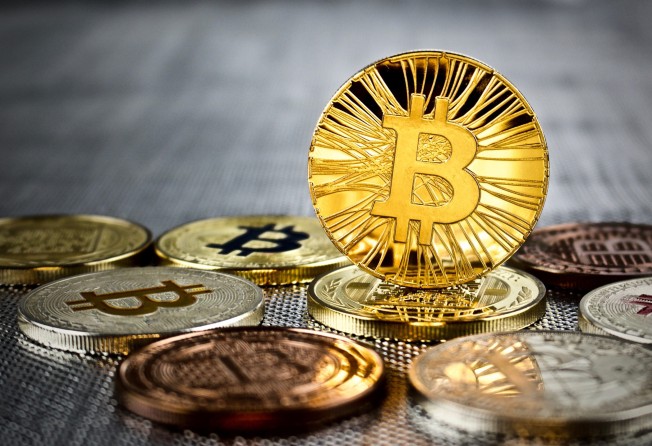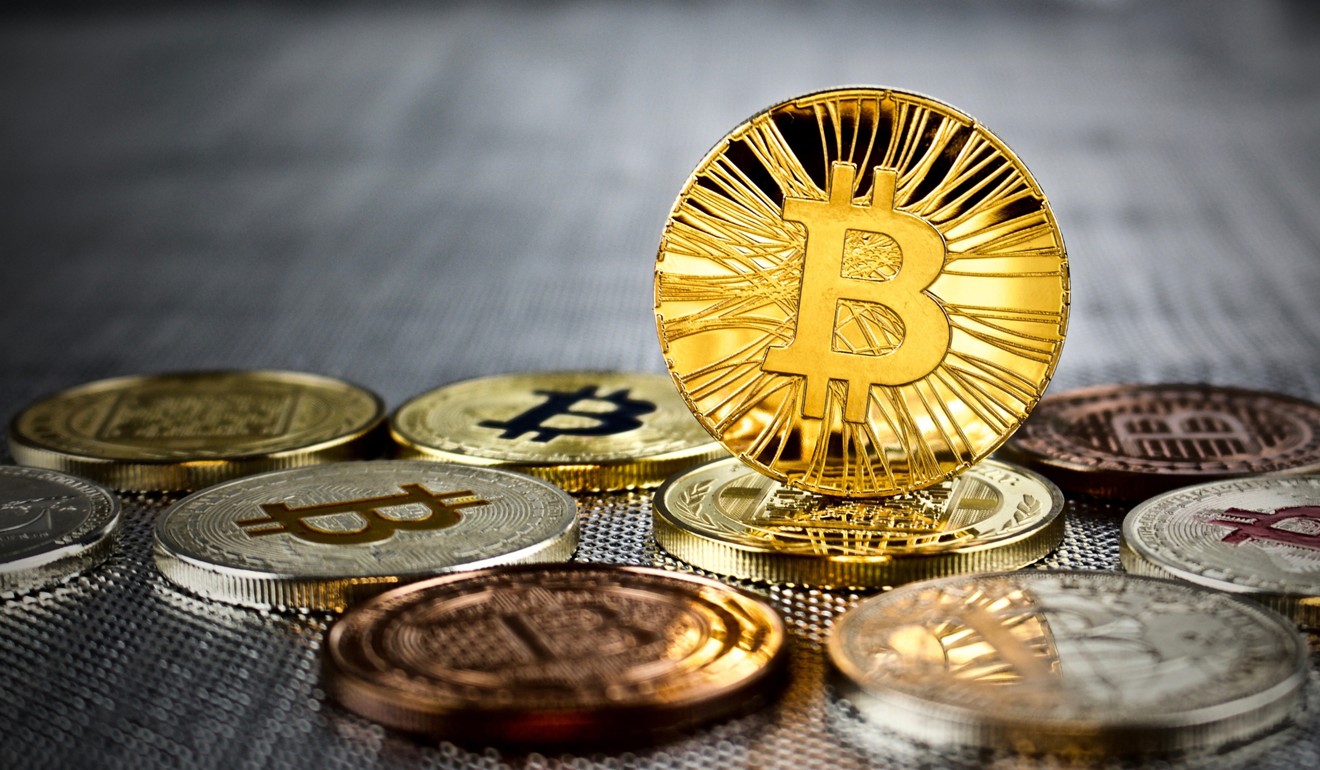The bitcoin debate rages on, and so does its price
Goldman Sachs’ chief now offering his penny’s worth on cryptocurrency: Lloyd Blankfein thinks it won’t work out and is ’not comfortable with it’, yet reserves the right to be wrong and concedes it might after all, come to be a kind of currency.

I really never imagined I would be writing these words – but the plain fact of the matter is that I agree with Lloyd Blankfein, the chief executive of Goldman Sachs, who says that based on everything he knows he thinks that bitcoin won’t work out and is ’not comfortable with it’, yet reserves the right to be wrong and concedes that it might after all, come to be a kind of currency.
Bitcoin traders have a very different view of things, causing the value of the cryptocurrency to rise to ever-greater heights, meaning in the past 12 months the price has surged by over 1,700 per cent.
The rabble of drug dealers, arms dealers and conspiracy peddlers, meanwhile, who initially embraced bitcoin, have now been joined by rather-more-respectable investment institutions, including the Chicago Mercantile Exchange and the Cboe Futures Exchange, which are introducing bitcoin derivatives, and even JP Morgan Chase is pondering trading futures in the cryptocurrency, despite the fact that Jamie Dimon, its boss has described bitcoin as a ‘fraud’.
When it was launched bitcoin was variously described as being an alternative payment system, then as a store of value and, as the ideologues piled in, we learned that the cryptocurrency provided an alternative to state manipulation of currency values and was somehow a pure market-driven entity.
The changing explanations continue, yet what we really know about bitcoin is still rather minimal.
It may or may not have been invented by someone called Satoshi Nakamoto, or this may just be a pseudonym.
Then there’s the question of what bitcoin actually is beyond being a string of computer codes. Apparently embedded in the system are some clever bits of kit that prevent unauthorised issuance of new coins or other forms of fraud – but the exact nature of these safeguards remain a closely guarded secret.
What is definitely known is that bitcoin have no intrinsic value. The same accusation can be made against real currencies whose issuance has long ceased being tied to the gold stocks of the issuer, even though even gold has little more than a perceived value.
The obvious difference, however, is that an identifiable entity stands behind government-issued currencies and their operations are generally transparent. Moreover real currencies are backed by the underlying performance of national economies.
Bitcoin proudly proclaims that it has nothing to do with all this national paraphernalia; on the contrary its advocates celebrating the fact the market and the market alone determines valuations.
Anyone with the slightest knowledge of market bubbles and manias will quickly recognise this proud claim as being typical of previous market bubbles, be they the dot.com frenzy speculating on companies that had yet to make a dollar but promised they would make zillions or the eighteenth century market manias which in essence have their roots in exactly the same place as today’s.
The craze for bitcoin most readily brings to mind the great South Sea Bubble of 1720, which as the name of the South Sea Company suggests, was founded to trade-in South America and was furnished with a monopoly to do so.
Given the prevailing state of war, however, there was barely any trade between Britain and this region and so the company took to dealing in government debt in rivalry to the then privately-owned Bank of England.

Like bitcoin, the South Sea Company relied on investor’s believing a story, this one entailed the company being able to take over the Bank of England’s debt business if enough investors piled in to give them the resources to do so.
Unexplained, but widely accepted, was the myth that somehow the upstart company could extract better returns from government borrowings than the Bank.
The reality was that it could do nothing of the kind and that seems to be the reality behind bitcoin, which operates on a global scale, free of regulation and is free of responsibility to investors.
They in turn almost certainly do not express their hopes in these terms, but are operating on the greater fool principle in the belief that the value of their investment will rise simply because others are prepared to pay more than themselves to buy into this massive scheme.
The possibility exists that bitcoin will not come crashing down and that it will emerge as a global currency – however, I have a feeling in my bones that this cannot be so.
For a start, the current happy state of affairs of a regulation-free environment for bitcoin is most unlikely to be sustainable. Secondly, because trading in bitcoin is so enormously volatile it is a near certainty that a significant fall in prices will trigger a selling panic. As an asset-free entity bitcoin has no bottom line so other than zero, there is no limit to the extent of the price fall.
Stephen Vines runs companies in the food sector and moonlights as a journalist and a broadcaster.